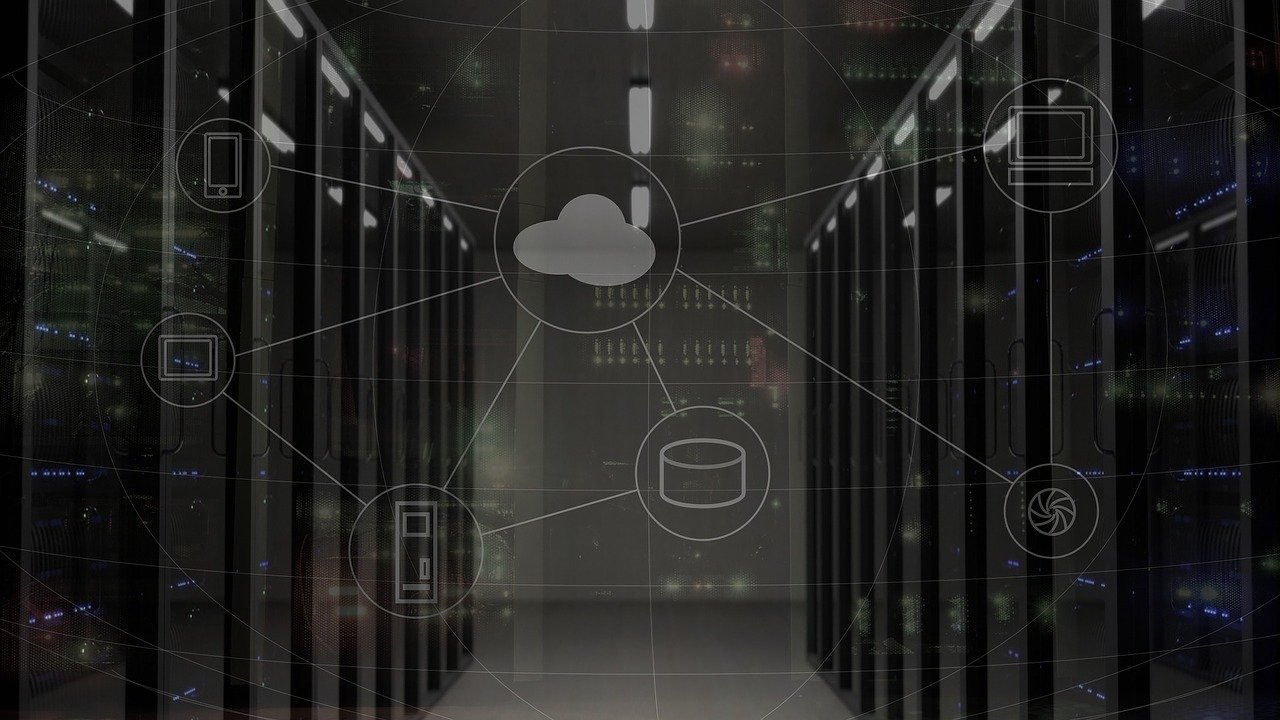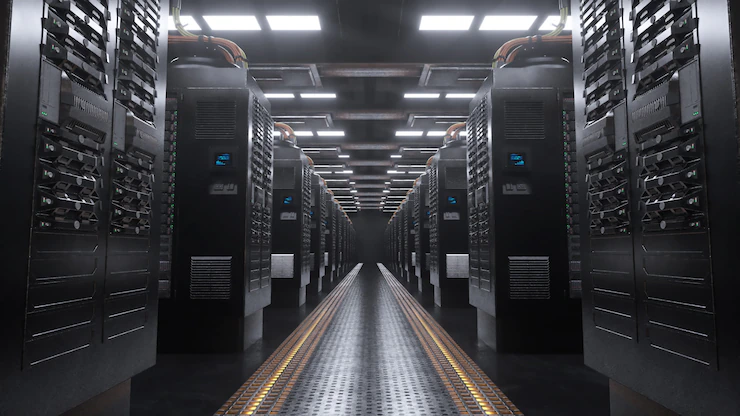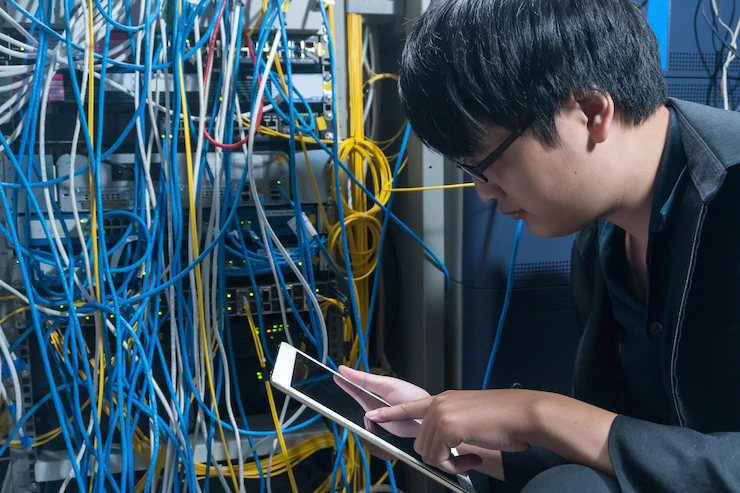When Is It Time To Get A Dedicated Server?
3 Mins Read
Published on: 12 July 2022
Last Updated on: 09 October 2024

toc impalement
In essence, a dedicated server is a piece of hardware. As such, technical maintenance is required on a regular basis. Website owners aim for unlimited root access and bandwidth, lightning-speed loading times, and 100% uptime.
Advantages Of Getting A Dedicated Server:
A dedicated server can provide superior data protection because it hosts a single site. It ensures the highest data protection, and all government agencies, payment processors, banks, etc., use dedicated servers.
1. It can Accommodate any Level of Traffic

A dedicated server can manage any volume of internet traffic your site generates. The average dedicated server can handle tens of thousands of daily visits without slowing down.
2. It Can Manage Big Data
You’ll need a cluster of such servers to manage information if your website involves machine learning development or big data management. Usually, a dedicated web server maintains only one site, but a cluster of them will be able to manage databases of any size.
It’s important to highlight the difference between an ordinary dedicated server and a big data server. The latter is more secure because it’s immune to SQL injections.
3. High Storage Capacity

Those who opt for shared hosting have a limited amount of server space. The site has terabytes of space to develop and grow with a dedicated hosting plan. More than 500 TB of data can be stored on a standard dedicated server.
4. Excellent Option for Gaming
Die-hard gamers always use a dedicated server for their favorite games because it lets them extract the full potential of their computers. A dedicated server boasts immense online streaming capacity, making crashes and lags impossible.
5. Downsides

Dedicated servers are powerful machines, but that doesn’t make them perfect. Here are some problems you might find.
6. Expensive
A dedicated server will set you back $2,000 a year on average. It costs around $100 per month to rent one, management included. You need to hire someone to check the server once or twice a month if you choose to buy.
7. Risk of Hacking

Just like every other server connected to the internet, a dedicated one is at risk of getting hacked. Common threats include password breaches, denial of service attacks, malware installation, ransomware attacks, and SQL injections.
Still, the risk is lower than with shared hosting. When you don’t know who the others on your server are, you’re open to all kinds of attacks.
8. Time to Make the Switch?
It’s worth upgrading to dedicated hosting if you want to protect your and your site visitors’ information as well as possible.
Your users’ financial data has additional protection because you’ll have a unique IP address and improved SSL security.
9. No Limit on Traffic

Users of shared hosting must deal with limits on traffic and bandwidth. You might want to make the switch to dedicated hosting if you are experiencing or anticipating a significant traffic increase. This will increase usability and improve the user experience.
The Best Dedicated Hosting: Factors
Your site’s bandwidth, memory, and storage needs determine the right hosting provider and plan. You’ll need higher bandwidth if you’re streaming multimedia, operating complex scripts, or posting high-def pictures.
Higher RAM will help data load more quickly, and apps will load faster too. The same applies to storage. You can combine a few hard drives into a single repository, making data compromise impossible.
If your website runs on Windows, you must consider Microsoft licensing requirements. You’re free to use open-source-friendly hosting providers if you are on Linux.
As for server options, you can choose from an app server, a database server, a domain server, and a file server.
Last but not least, keep in mind that dedicated hosting comes with multiple pricing tiers. Don’t assume you’ll have to get the most expensive option.
Read Also:


















Comments Are Closed For This Article